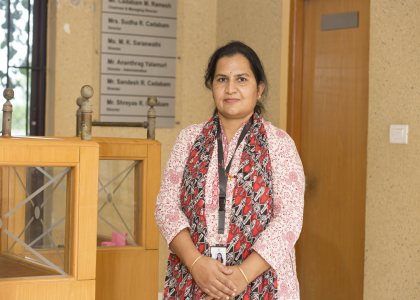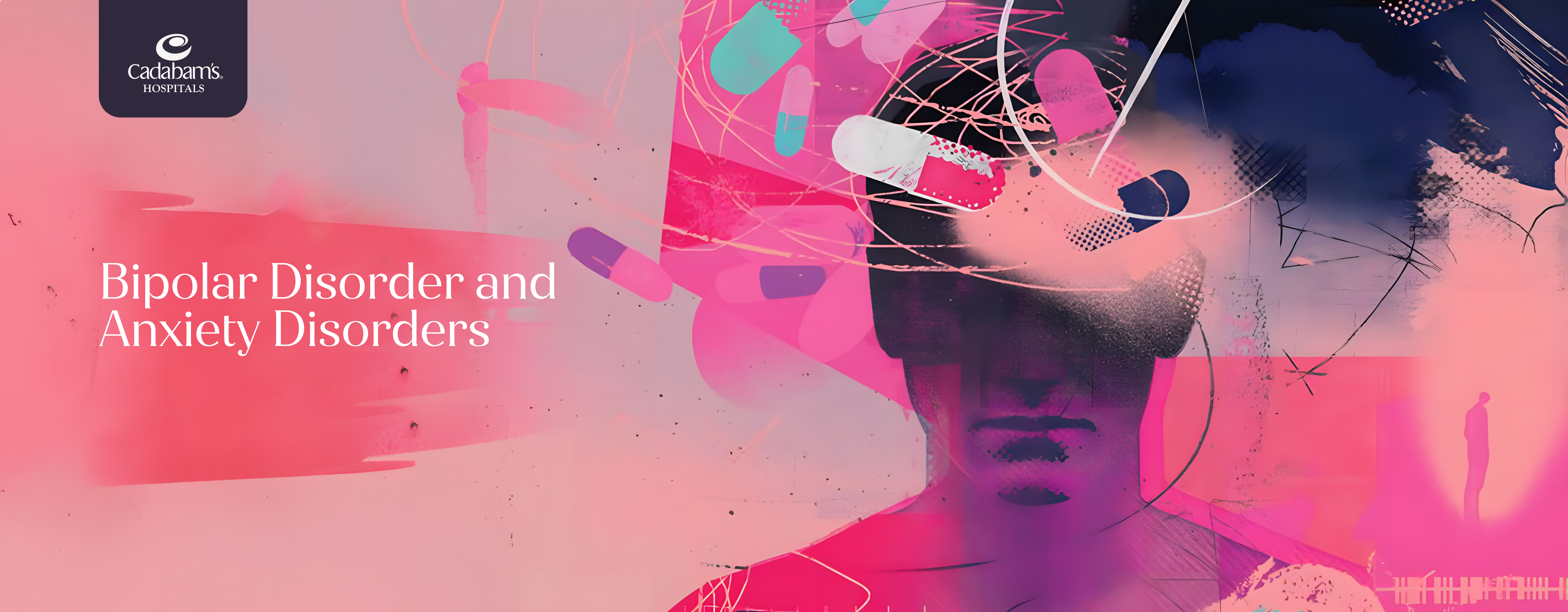Direct Cranial Stimulation for Anxiety in Bangalore
Even though medications and psychotherapy are the recommended treatment options for people with anxiety disorders, some people fail to show effective responses to these conventional forms of treatment. For such people, newer treatment options such as non-invasive techniques of brain stimulation could be useful. Transcranial Direct Current Stimulation (tDCS) is one such technique that has been proven effective, safe and well-tolerated for various disorders including anxiety disorders. It is considered to be more effective in treating anxiety disorders when used in combination with medications and psychotherapy. tDCS can be especially useful for someone who shows low tolerance to medications due to the substantial side effects. We offer direct cranial stimulation for anxiety in Bangalore. Our trained professionals provide holistic treatment to a person with anxiety disorders which includes psychiatric medications, psychotherapy, group therapy, family therapy, neurofeedback, biofeedback, etc. in addition to transcranial direct current stimulation in order to tailor-make the treatment plan for the person.
28+ Years Professional Experience
4.5 564 Google reviews
Cadabam's Hospitals
No.280, 15th Cross,5th Phase,
JP Nagar,Bangalore-560 078,India
Cadabam's Hospitals
90,Padmashree Gardens,Gowlidoddi,
Gachibowli,Hyderabad,
Telangana 500075, India
Get In Touch!
At Cadabam's, we've always got your back.
What People Say

Very happy with the facilities provided here. We are extremely grateful to Dr Vishal for his treatment and guidance. I liked the fact that he is very mindful of side-effects while prescribing medicines. Very good doctor and a very good hospital. Highly recommend.
Nithin Gopinath

Though we landed at wee hours of the night, doctors attended in time and we received professional treatment by all including hospital staff.

Excellent hospital and excellent doctors. They listen to you very patiently, do a thorough ore check before starting the treatment which inspires a lot of confidence. Dr. Madhukar is one of the best doctors I’ve met so far.
Narasimha Prasad

Very good cleanliness, disciplined, well behaved, good patience while handeling patient & their relations, good service overall excellent environment.

A good hospital for any kind of psychiatric problems. Very good and courteous staffs and well known doctors.
Anant Modi

Coordinated well I am very satisfied, very good, spent quality time with doctors & further treatment.

I visit Cadabam along with my wife to consult Dr. V. Khasi. We found the Staff very professional and polite with patients. We recommend Cadabam for anyone who requests us for the services available at Cadabam.
Sudarsan Barakman

I visit Cadabam along with my wife to consult Dr. V. Khasi. We found the Staff very professional and polite with patients. We recommend Cadabam for anyone who requests us for the services available at Cadabam.

Coordinated well I am very satisfied, very good, spent quality time with doctors & further treatment.

A good hospital for any kind of psychiatric problems. Very good and courteous staffs and well known doctors.
Anant Modi

Very good cleanliness, disciplined, well behaved, good patience while handeling patient & their relations, good service overall excellent environment.

Excellent hospital and excellent doctors. They listen to you very patiently, do a thorough ore check before starting the treatment which inspires a lot of confidence. Dr. Madhukar is one of the best doctors I’ve met so far.
Narasimha Prasad

Though we landed at wee hours of the night, doctors attended in time and we received professional treatment by all including hospital staff.

Very happy with the facilities provided here. We are extremely grateful to Dr Vishal for his treatment and guidance. I liked the fact that he is very mindful of side-effects while prescribing medicines. Very good doctor and a very good hospital. Highly recommend.
 Available
Available


















